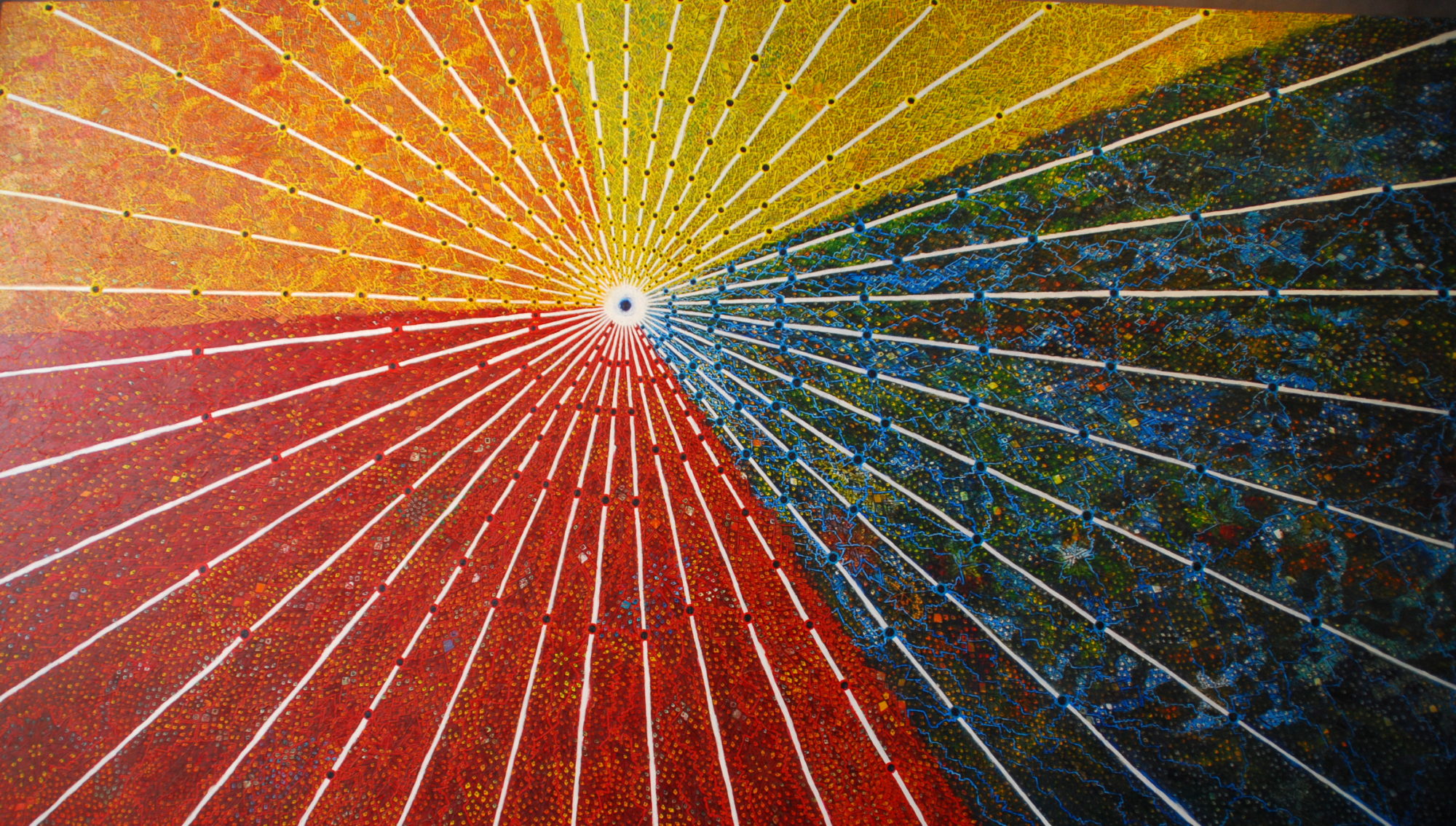Some people compare Robben Island to Alcatraz, but I think that’s a very unfair comparison. Sure they’re both notorious island prisons, but the people sent to the two prisons were very different. Those sent to Alcatraz had, in most cases, committed some rather heinous crimes. Those sent to Robben Island, had, in most cases, only committed the crime of wanting an end to apartheid and equality for blacks. I expected that a visit to Robben Island would be much more similar to a visit to something like a concentration camp than a visit to Alcatraz. What I mean is not that I expected to find something physically similar to a concentration camp with its death chambers and such, but I expected the emotional punch to be somewhat the same.
Some of Africa’s most brilliant black leaders gave their best years to Robben Island. When they could have been contributing who knows what to the world, they were locked in cells so small that I am not sure Jeff could stretch out across them or crowded into large rooms like cattle, not men. They had their every word listened to and their every bit of writing censored. They spent their days toiling at a quarry, their work not for any purpose but to break them. They contracted TB from the terrible working conditions, lost eyesight to the dust, and became old before their time. It’s heartbreaking.
But, unfortunately, that doesn’t come across very well on a tour to Robben Island. Instead, it does feel a bit like the tourist trip to Alcatraz. Half the trip is sent on a boat making your way the 12 km out to and then back from the island. Once on shore, you board a bus where you’re driven on a loop around the island, a guide pointing out various features that range from the animals that live on the island, to the church attended by lepers kept on the island before it became the apartheid-era prison, to the school attended by children who currently live on the island, to shipwrecks off the coast of the island, to, oh yeah, the buildings that housed political prisoners.
After the bus tour, your group is joined by a former prisoner, who leads you into one of the prison blocks. This part bears the most emotional weight as the guide tells you about his life and his experience in the prison. But then it’s look here in this cell, where you see nothing but a few bunks and lockers, and then walk quickly past Nelson Mandela’s cell, which contains a few blankets and a chair. That’s it. After that it’s back to the boat and back to Cape Town.
I don’t know what I expected. I don’t want morbidity for the sake of morbidity. I understand and appreciate that former prisoners have declared that they want Robben Island to be, not a monument to the evils inflicted by one man on another, but rather a monument to the power of the human spirit and the triumph of good. Yet, I think that could be accomplished in a much less sterile manner. I want to know about more of the men who were kept on Robben Island. I want to see photos of them. I want to know what they did (or were accused of doing) to end up there, what they did to maintain some level of sanity while held there, and what they are doing now. Who are these people, how did Robben Island shape them, and what have they gone on to do with their lives?
The Nelson Mandela Gateway, for where you board the boat to the island, is a museum containing some of this type of information, but once on the island, it’s seriously lacking. visiting the actual island felt a bit like stepping into a boxing ring, watching a serious punch fly at your face, and then feeling nothing but the wind of it missing by a few inches. It feels almost sacrilegious to say so, but if you’re in Cape Town with limited time, I’d maybe check out the Nelson Mandela Gateway but skip the actual island visit. And if you can find it, take in the recently produced documentary about soccer on Robben Island. We happened across it one day on the TV here, and we both felt like it was, sadly, much more meaningful and interesting than our prison visit.



Interesting. Its a delicate process. To some degree this is where my thesis started 9 months ago but in a much more architectural sense. For me it makes sense to have a “museum” that provides the background and history and the likes, while the actual site is left as it existed for visitors to experience holistically and come to their own interpretations. It shouldn’t be sanitized or turned into a “theme park”. It’s tricky.
Sorry you did not get what you wanted out of the tour on the island.
Something you may find interesting is a night on Robben Island. At the moment not commercially available but can be arranged given enough advance time. Check out our website at http://www.toursincapetown.com/capetown/tours/30-robben-island-overnight maybe this is more for you.
regards
warren